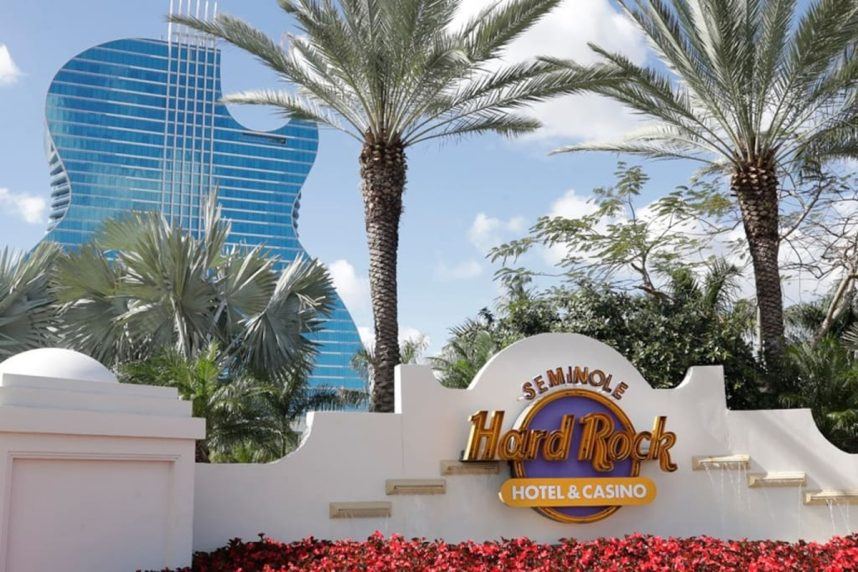The Florida Gaming Control Commission (FGCC) is looking for a partner to help develop a program to prevent compulsive and addictive gambling in the Sunshine State.

On Wednesday, the FGCC issued an Invitation to Negotiate (ITN), a competitive solicitation process that asks vendors to offer recommendations to the gaming regulatory as to how it might best achieve limiting gambling harms.
The gaming agency is seeking input on how to go about crafting responsible gaming protocols that companies engaged in the state’s gaming industry will need to include in their advertising materials. The FGCC additionally wants to create an educational and awareness campaign enlightening Floridians about their legal gambling options, the possible drawbacks of participating, and how to determine what is and isn’t legal gambling.
As the landscape of legal gaming and sports betting evolves in Florida, as well as illegal gambling facilities and sites, we recognize the need to have adaptable solutions and expansive options as part of our Compulsive or Addictive Gambling Prevention Program,” said Lou Trombetta, executive director of the Florida Gaming Control Commission. “This process will ensure that Floridians can benefit from innovative and comprehensive options, and that the selected vendor is able to help FGCC provide resources that reach all demographics.”
The FGCC is a five-member regulatory body that governs parimutuel wagering, cardrooms, and racino and jai alai slot facilities in Miami-Dade and Broward counties. The agency is additionally responsible for the oversight of tribal compacts. The FGCC does not regulate the Florida Lottery.
Expanded Gambling
The Seminole Tribe maintains a monopoly on slot machines and most house-banked table games outside the two counties mentioned where slots are allowed. The tribe, through its revised 2021 Class III gaming compact negotiated with Gov. Ron DeSantis (R), added the exclusive rights to sports betting, both in-person and online.
Along with sports betting, the 2021 compact authorized roulette and craps at the Seminoles’ six brick-and-mortar tribal casinos. As a result, gambling is more widespread in Florida than ever before.
“While many Floridians and visitors enjoy legal gaming and sports betting, offering robust resources and valuable services to those who may find themselves impulsively participating in these activities is highly important,” added Julie Brown, vice chair of the FGCC. “My fellow commissioners and I look forward to the results of this process and to provide progressive resources and scalable services in Florida that will have a clear impact.”
Safeguard Shortcomings
The FGCC initiative to establish a program to fight compulsive and addictive gambling comes after a prominent study found Florida to be lacking in responsible gaming standards.
Last month, the National Council on Problem Gambling (NCPG) and Vixio Regulatory Intelligence released a summary of findings on how legal sports betting states are living up to the NCPG’s Internet Responsible Gambling Standards. The study ranked Florida as among the least-compliant sports gambling states.
Vixio researchers found that the Seminole’s 2021 compact does not include a policy commitment to responsible gaming. The revenue-sharing agreement also does not mandate the tribe to train staff to promote responsible play.
The compact does require the tribe to make an annual donation of at least $250K to the research, education, and treatment of gambling-related harm.
The post Florida Gaming Regulators Seek Vendor to Help Develop Responsible Gaming Program appeared first on Casino.org.